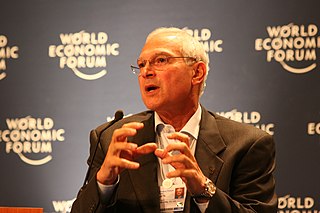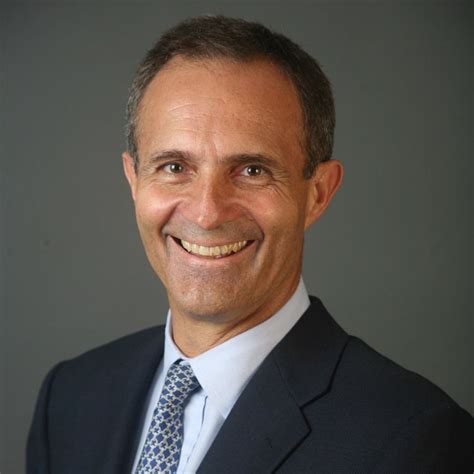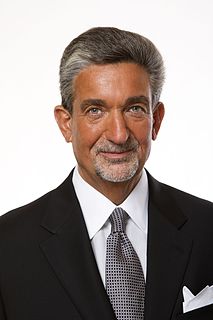A Quote by Walter Schloss
Related Quotes
A consolidation makes sense only if you can lower your overall interest rate. Many people consolidate by taking out a home equity line loan or home equity line of credit (HELOC), refinancing a mortgage, or taking out a personal loan. They then use this cheaper debt to pay off more expensive debt, most frequently credit card loans, but also auto loans, private student loans, or other debt.
There's also consumer debt, the credit card debt that burdens many of the working families in America. Yes, we talk about national debt, and we're paying a lot down. But you're fixing to hear me tell you part of the remedy for people who have got a lot of credit card debt is to make sure people get some of their own money back.
Any politician that says no tax revenue or zero spending cuts does not deserve reelection. Our hole is so deep in this country with the debt and the debt service, the interest on that debt, before the big expenses come for Social Security and Medicare - for we baby boomers in a few years - that everything has to be on the table.























